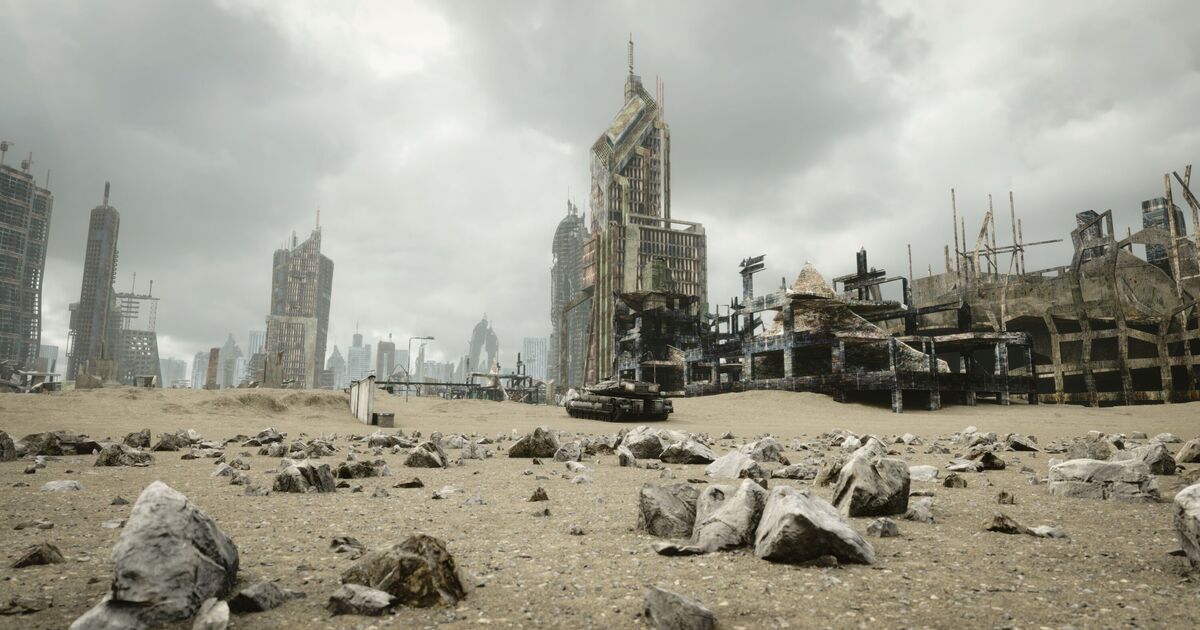A scientist has made the shocking claim that there’s a 49% chance the world will end in just 25 years. Jared Diamond, American scientist and historian, predicted civilisation could collapse by 2050. He told Intelligencer: “I would estimate the chances are about 49% that the world as we know it will collapse by about 2050.”
Diamond explained that fisheries and farms across the globe are being “managed unsustainably”, causing resources to be depleted at an alarming rate. He added: "At the rate we’re going now, resources that are essential for complex societies are being managed unsustainably. Fisheries around the world, most fisheries are being managed unsustainably, and they’re getting depleted.
“Farms around the world, most farms are being managed unsustainably. Soil, topsoil around the world. Fresh water around the world is being managed unsustainably.”
The Pulitzer Prize winning author warned that we must come up with more sustainable practices by 2050, “or it’ll be too late”.



LtG has been pretty on point with its modelling compared to real life data since its publication.
BUT LtG wasn’t a prediction for the end of the world, it was/is a model of interconnected metrics about our society at large and to illustrate two points:
You cannot have infinite growth in a finite system.
Society has to maintain a harmony of these metrics to prevent itself from collapsing.
Basically what happened after its publication, a bunch of economists attacked it with their can openers. Some whackjobs claimed the club of rome was an illuminati front, a few scientists recalibrated the model with updated data, showing evidence in its favour and the world moved on ignoring it and the myriad of other climate warnings
See also:
Complex systems collapse theory/paradigm.
Societies throughout history more or less accrue complexity costs in a similar fashion as big, poorly managed software projects accrue technical debt.
It all keeps working untill it doesn’t, and then, rather rapidly breaks.
If you do not actually maintain and preserve the integrity of foundational systems, and build a more extravagant/expansive set of systems atop that foundation… well, castles made of sand wash into the sea, eventually.